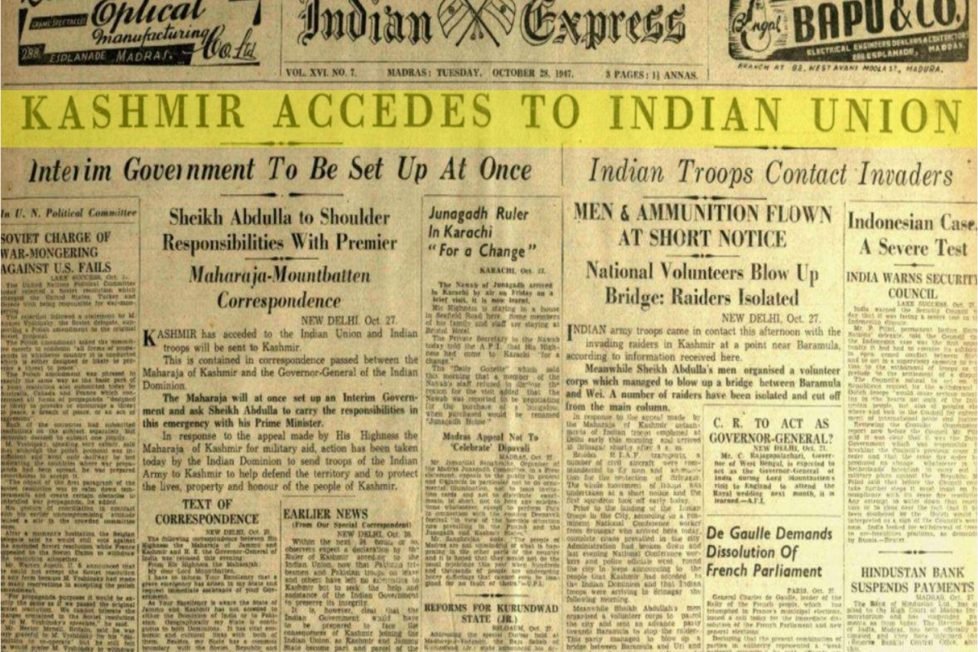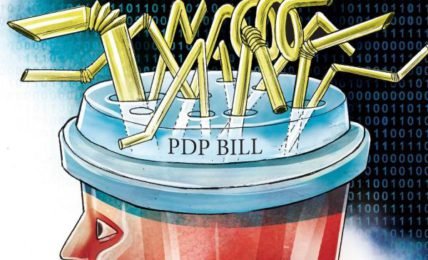Misinformation and Accession of J&K
Maharaja Hari Singh, the Ruler of Jammu and Kashmir signed instrument of accession on 26th October 1947 with India. Only Maharaja being Sovereign of State was competent to sign Instrument of accession but history and historians have been unkind to him. He has been projected as who wanted to be independent without going into details of the reasons for delay in signing the Instrument. There are many instances and facts which clearly show that Maharaja was more Indian Nationalist. In his address as Chairman of Chamber of Princes in Round Table conference he identified himself as well as J&K not separate but as integral part of India.




